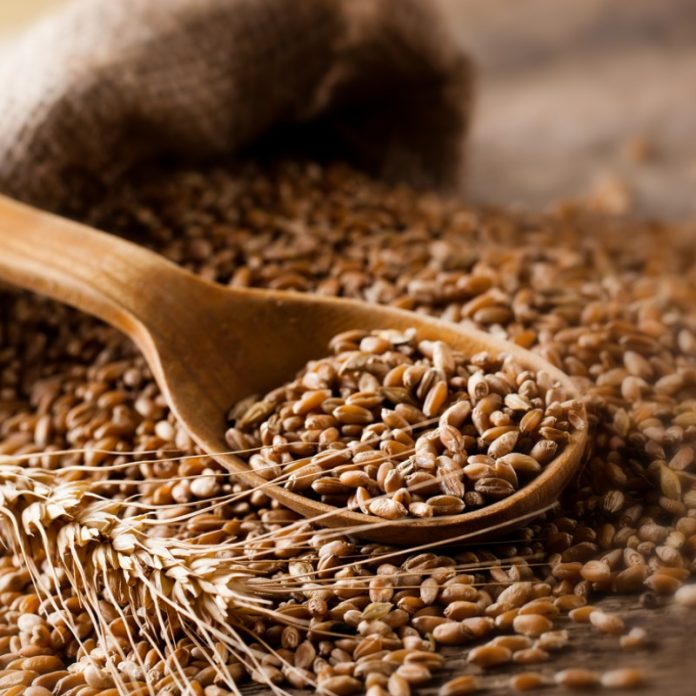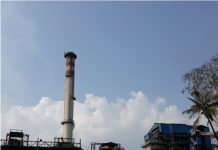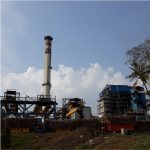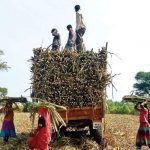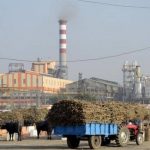Karnal: Haryana, a pivotal wheat-producing state in India, is poised to benefit from a sudden drop in temperature and the onset of dense fog during the ongoing Rabi (winter) season, according to agricultural experts, reported Hindustan Times.
This change in weather conditions is anticipated to favor the wheat crop, as wheat typically thrives in cold environments and foggy weather provides a conducive environment for its growth.
Agricultural experts underscored the advantages of these conditions for wheat cultivation. Dr. BS Tyagi, the principal scientist at ICAR-Indian Institute of Wheat and Barley Research (IIWBR) in Karnal, highlighted the tolerance of new wheat varieties like DBW 187 and DBW 327 to both high and low temperatures, particularly beneficial in the north-western region.
“The crop is presently at the tillering stage, and the low temperature contributes to the development of a more robust canopy. The prevailing weather is expected to enhance grain filling through increased flowering, ultimately improving the overall yield of the crop,” Dr. Tyagi stated.
Wheat, being the primary winter crop, is traditionally sown between late October and early December, with harvesting scheduled to commence in April. Currently, nearly 95% of wheat sowing has been completed in the Karnal region, as reported by an official.
Farmers in the Kurukshetra region expressed optimism regarding the extended period of dense fog.

